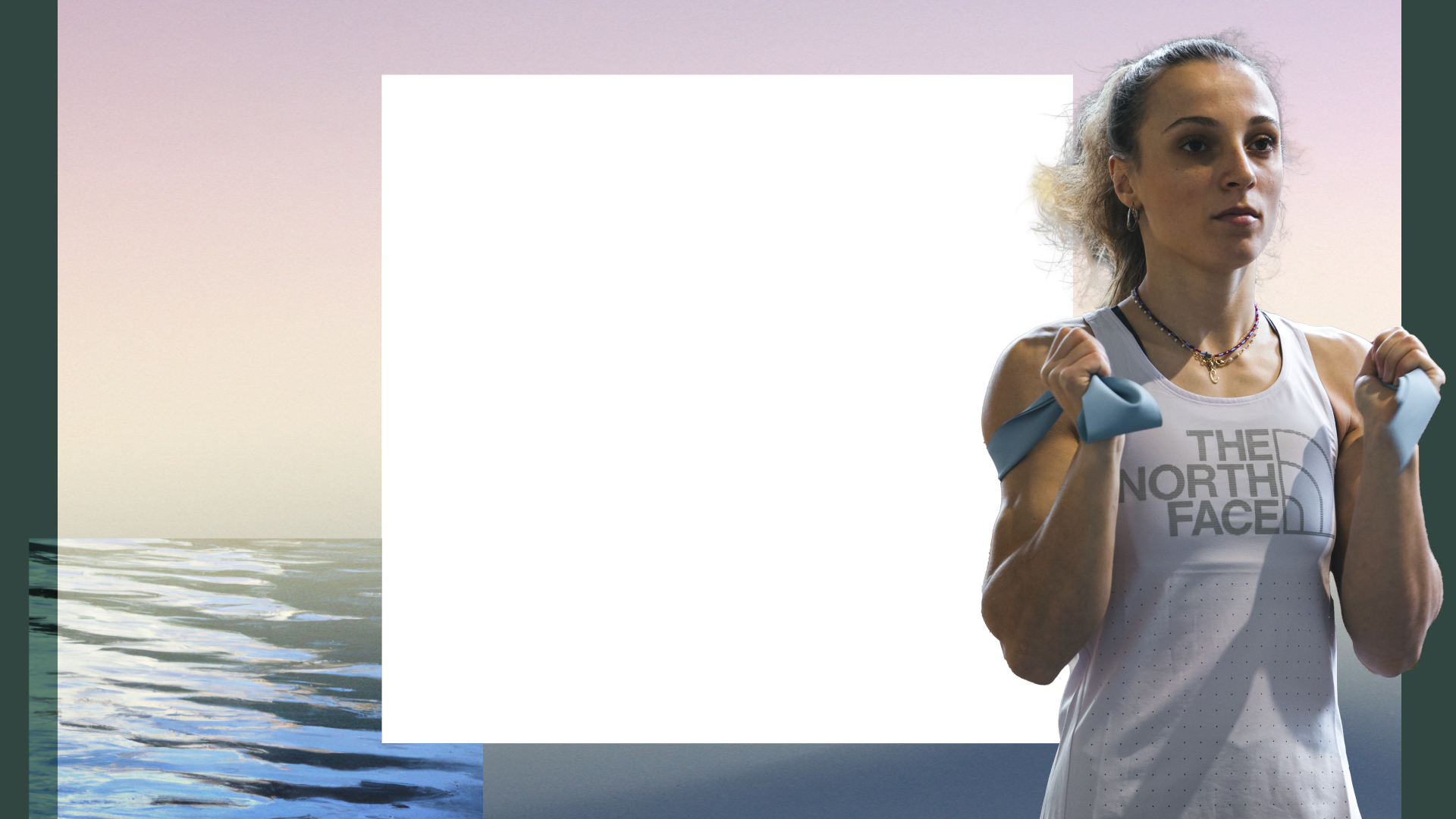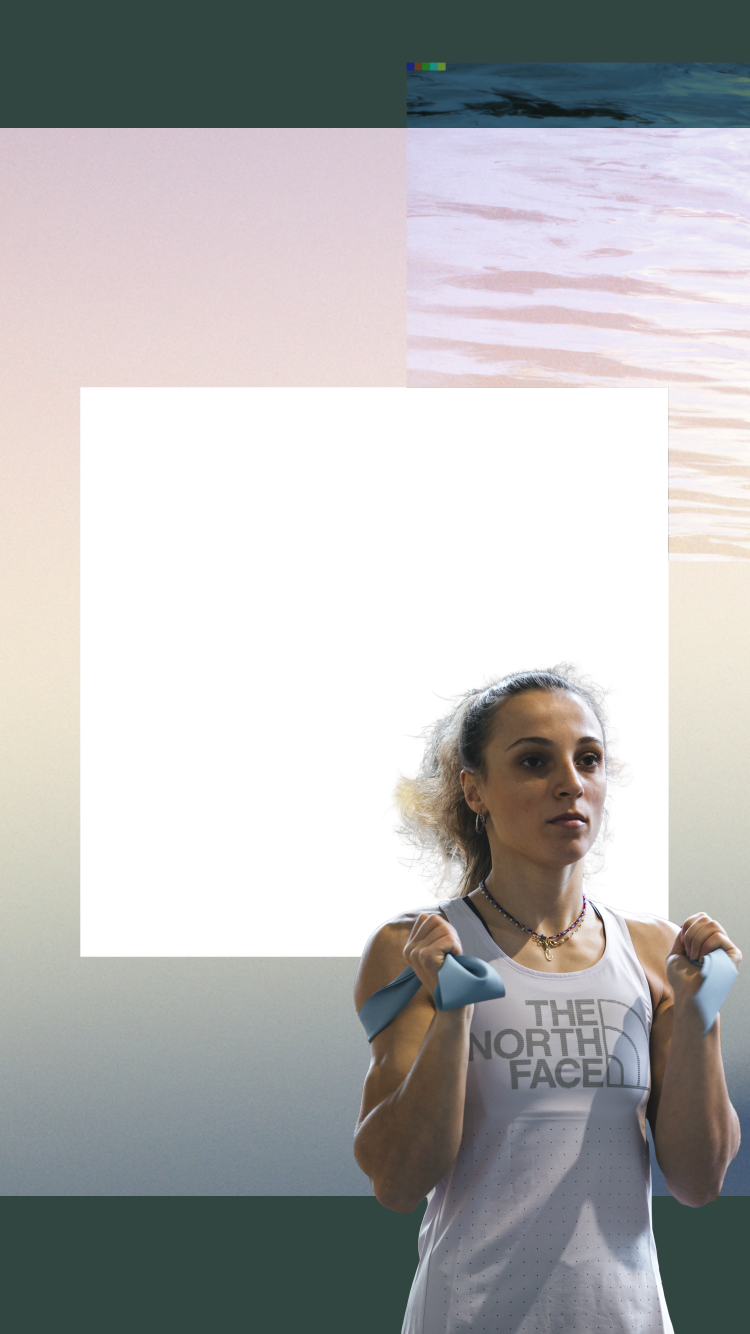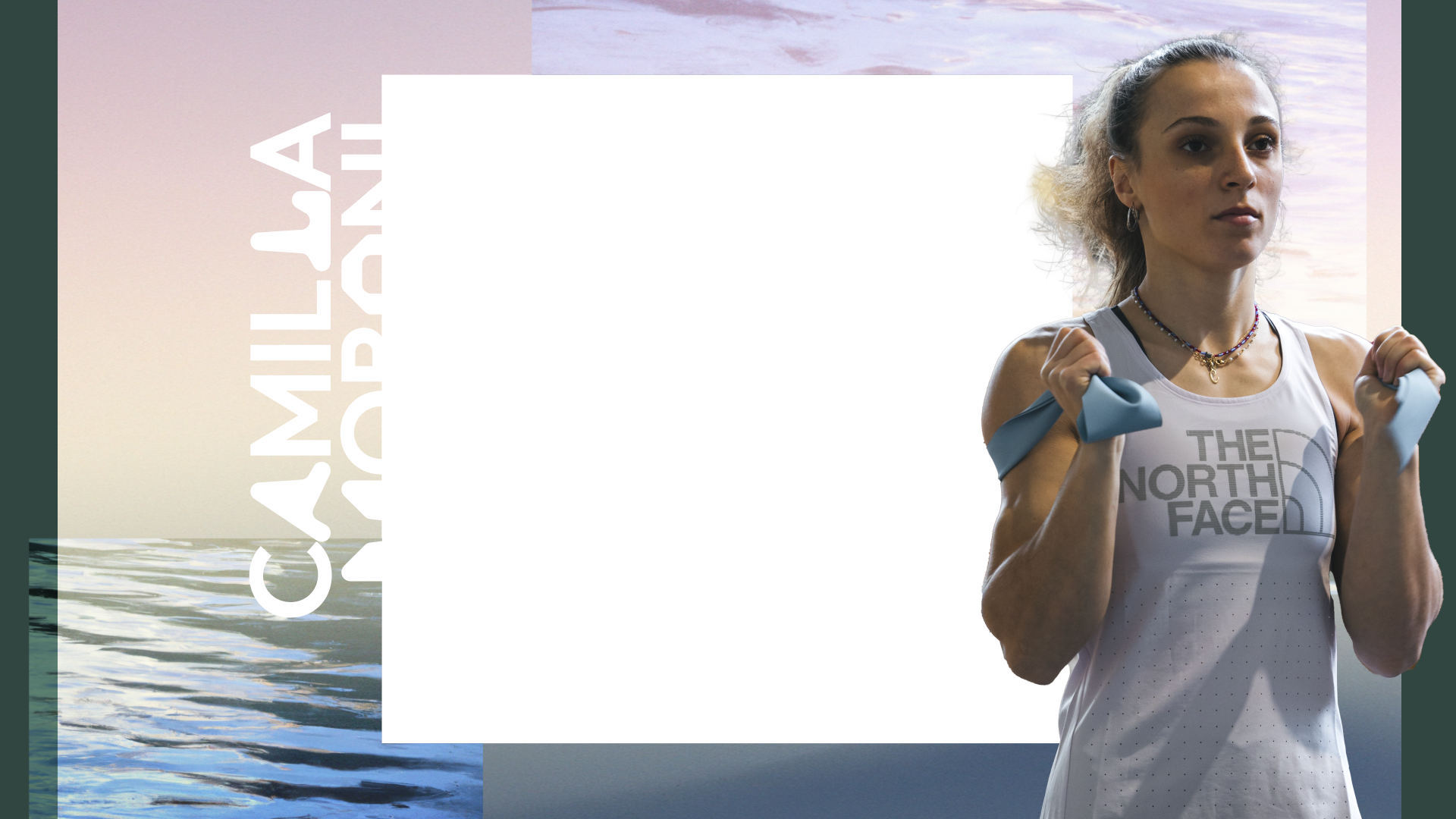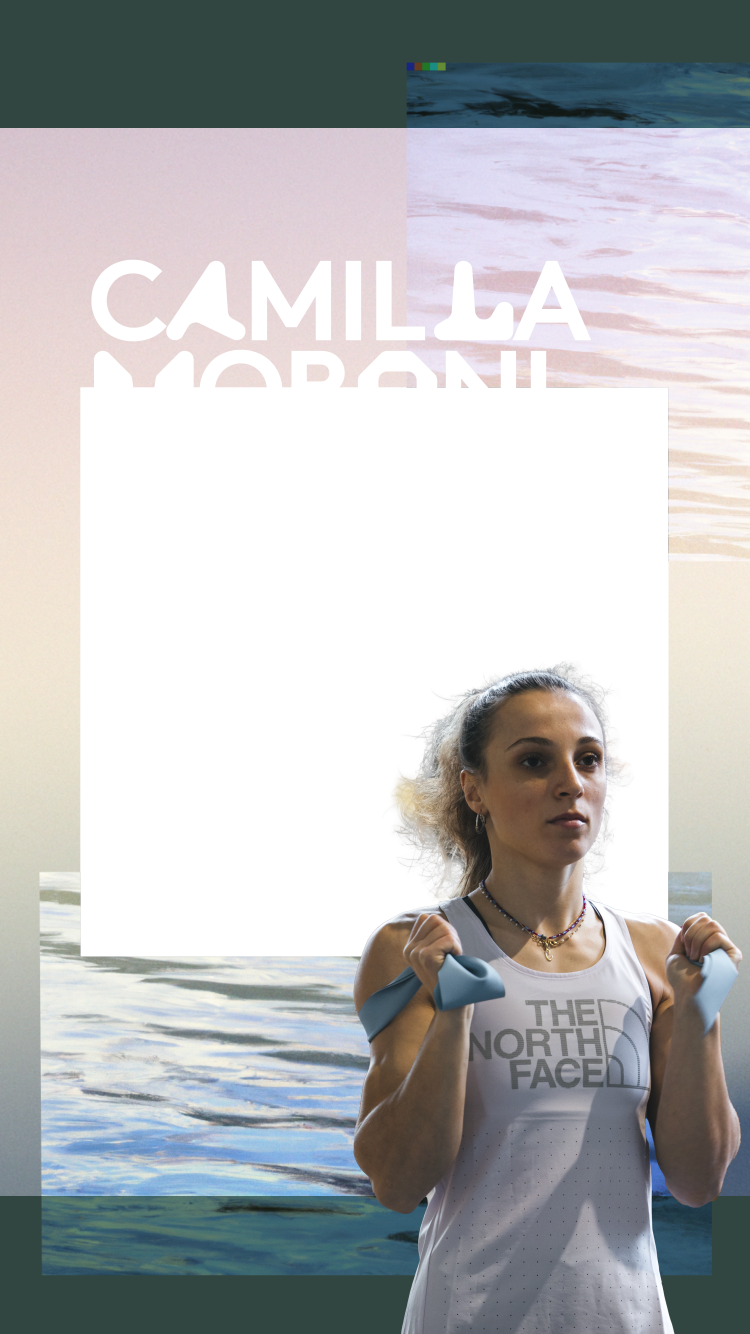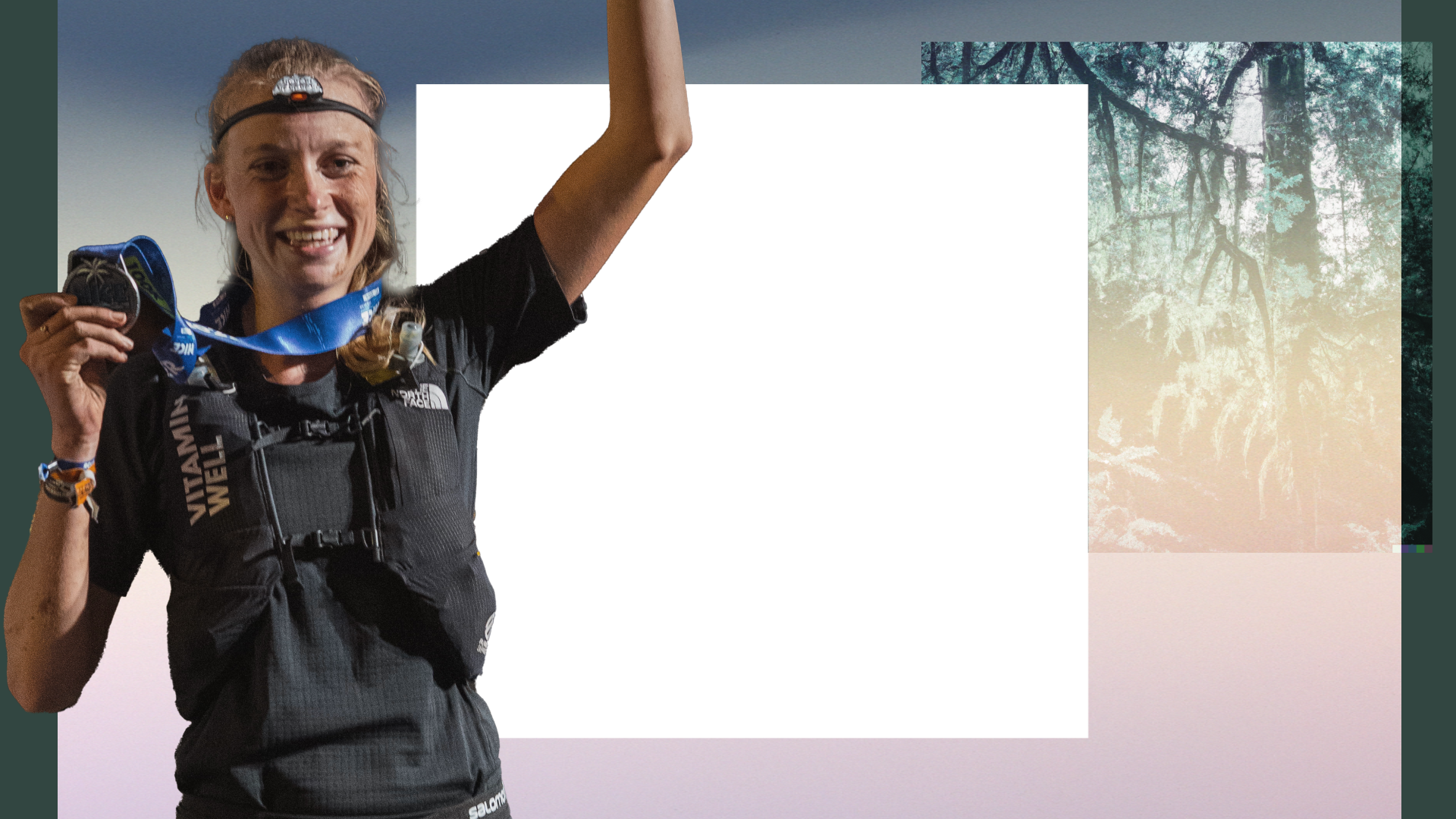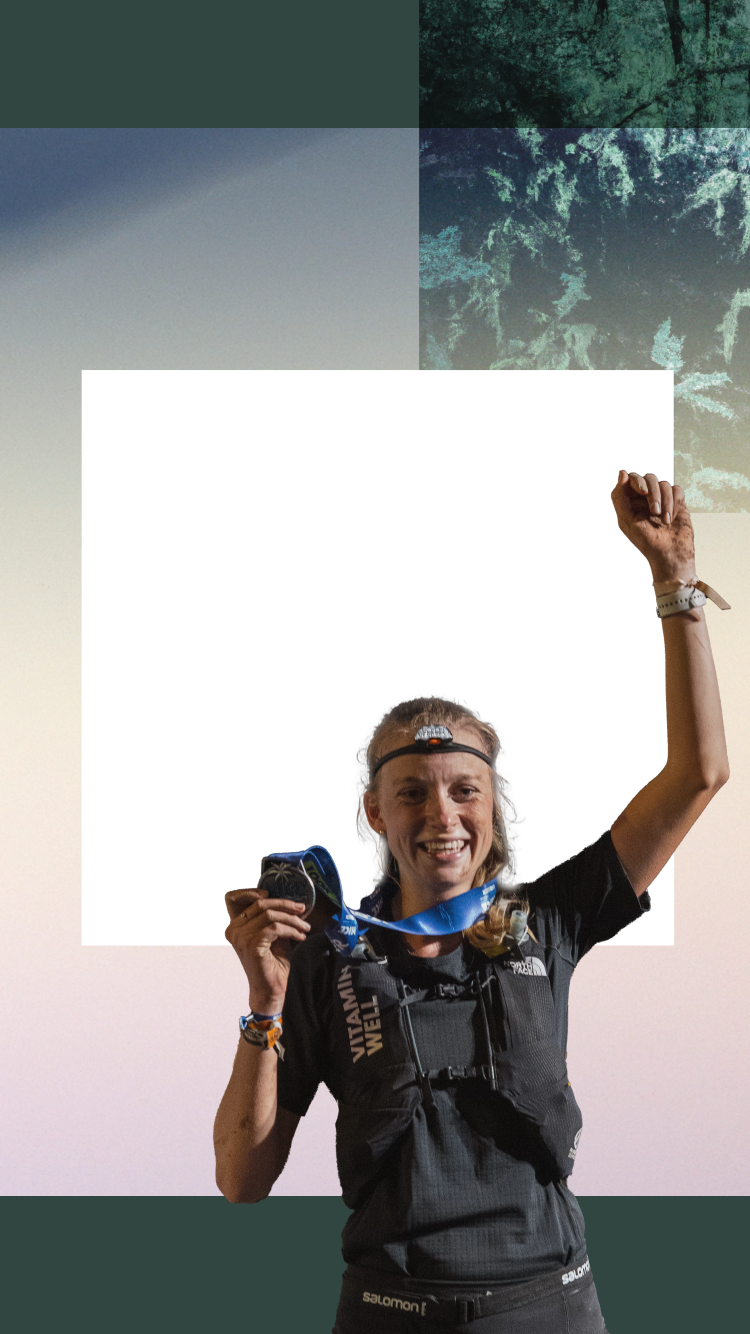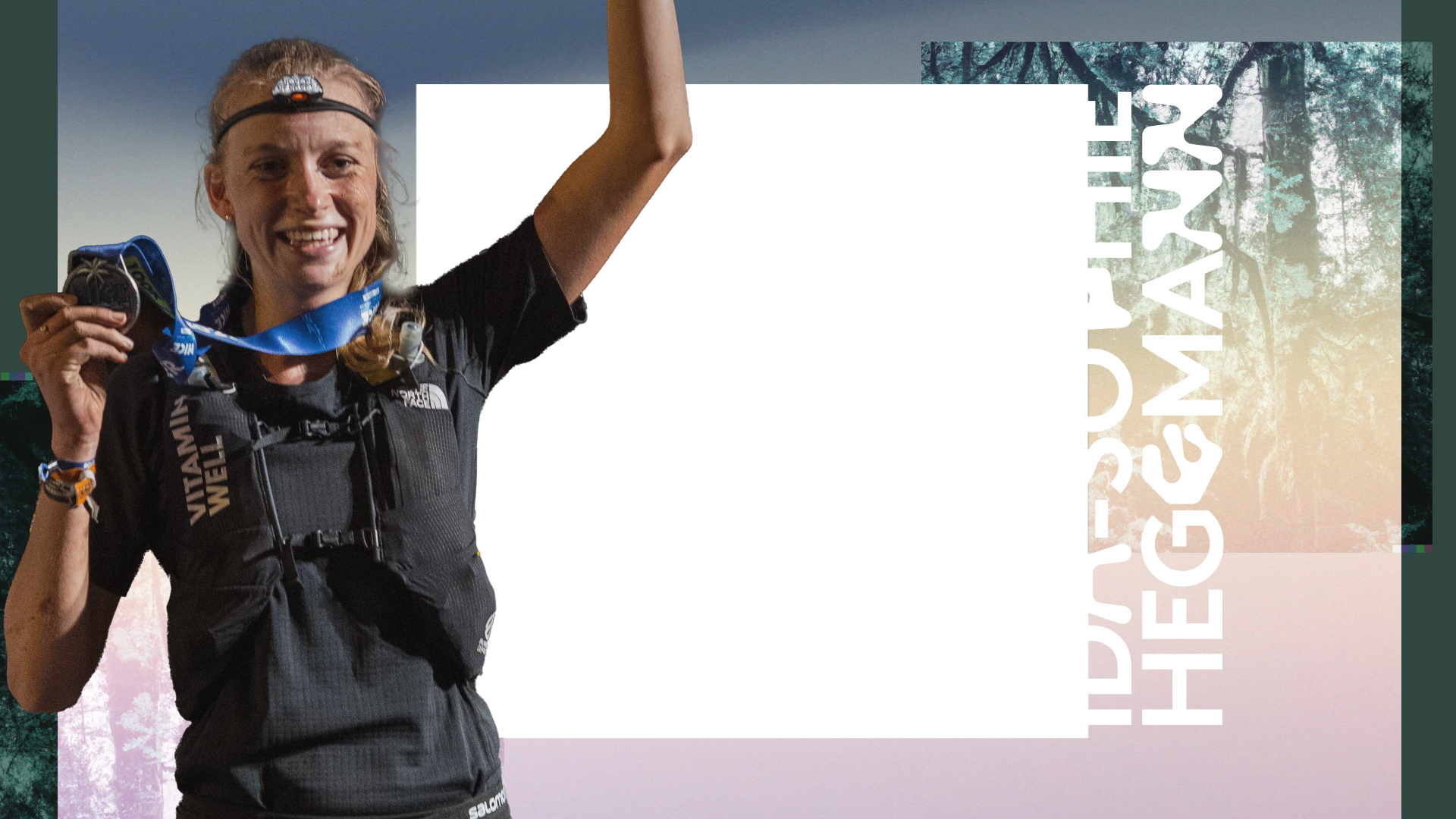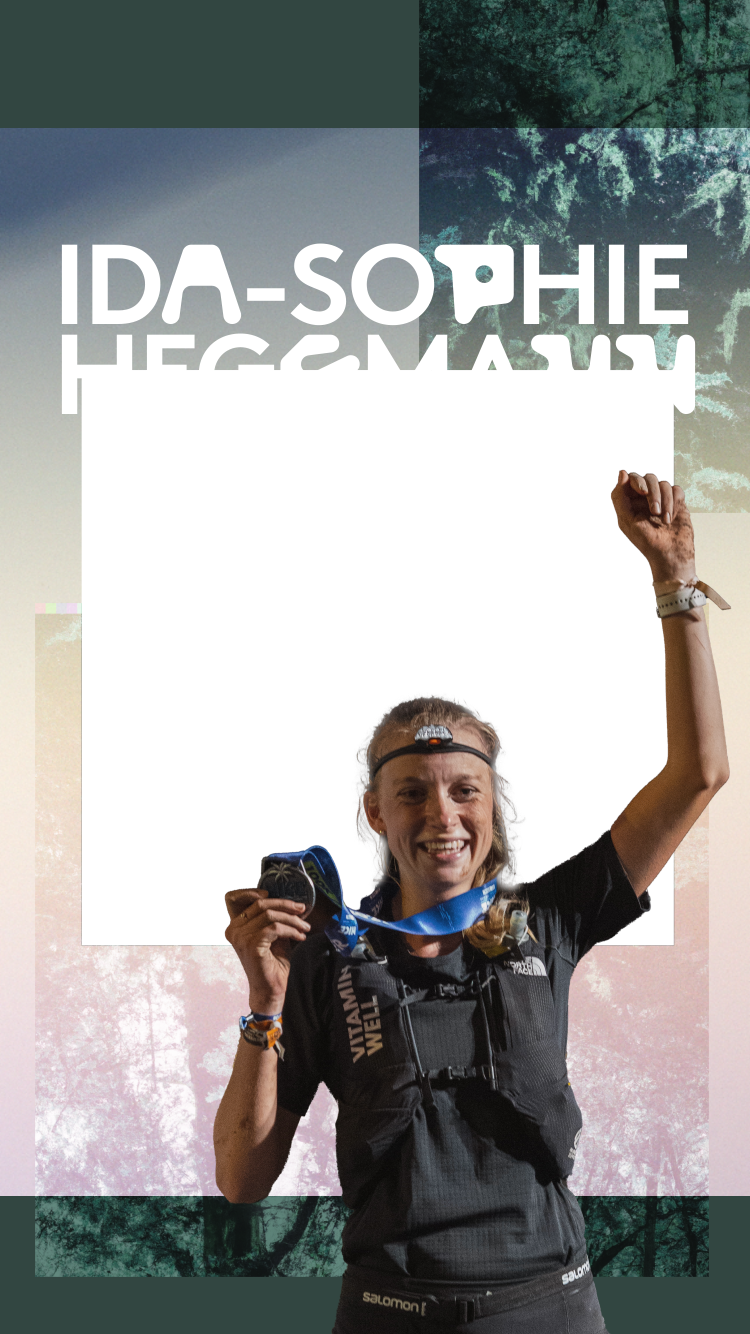Life Without Limits: Meet The 3 Athletes Breaking Boundaries
Last year heralded huge changes in sport, with women leading the way, riding on a wave of achievements. There’s still progress to be made – as elite athletes Camilla Moroni, Ida Sophie Hegemann and Molly Thompson-Smith know – but the next generation, emboldened by what women are achieving, are learning to strike out on their own, trust their capabilities, listen to their bodies and run faster towards their goals. Success today means breaking boundaries as much as breaking records.
At only 25, National Climbing Champion Molly Thompson-Smith is already in her 10th year of competing. As well as personally breaking new ground – she was the first British woman to win a medal in a lead world cup event – she's seen climbing become more accessible for everyone. "When I first started climbing, putting a helmet on was difficult. It would just be kind of shoved on top of my hair, and I felt obviously different," she recalls. Molly notes that she's still one of the few mixed-race climbers on the circuit but overall the sport has diversified. She credits improvements in climbing centres with helping to attract a new demographic who wouldn’t otherwise have access to the sport or outdoor space. "People deserve to imagine themselves in this community as much as anyone else."
AdvertisementADVERTISEMENT
For Ida, who has broken records previously held only by men, her hope is to show younger female runners that "there's no difference between men and women". One of the things she loves about trail running is that men and women compete alongside each other. Last year, she won her first race overall, meaning she was the first person to cross the finish line, beating both her female and male competitors. It’s a euphoric feeling that pro climber Camilla, who's currently training to qualify for the Olympics, shares. "I feel really motivated because my teammates motivate me," she says, noting there’s a healthy competition between men and women, who, like trail runners, compete on the same routes but are tested differently. In climbing, women and men are judged according to their physiology, an approach that’s backed by science rather than societal perceptions and tired stereotypes. In the future, Camilla would like all athletes to compete together and doesn’t agree with sports that have only male categories.
Ahead of International Women's Day, Refinery29 caught up with Camilla, Ida and Molly to find out what it takes to make it and what they've learned along the way.
The Power Of Rest
In our #hustleharder culture, ‘power’ and ‘rest’ can feel mutually exclusive; the myth is perpetuated that rest must be earned rather than integrated into a healthy lifestyle. Through injuries and setbacks, Molly and Ida have learned to value real rest. For Molly, it took injuring her ankle to be "a bit kinder to herself". She took five weeks off training – the longest she’d ever been out of the game – which taught her to give herself time to recover. Her experience isn’t unique to elite sports, as anyone who's ever dragged themselves into the office full of cold can attest. "I was the reason for many injuries," says Ida, adding that since her last major injury, she’s been listening to her body and saying no to training if she doesn’t feel 100% on point. Her advice is to listen to yourself, "not what coaches say, or what race you have. Always listen to your body first." Ditching the watch or fitness tracker is a great way to develop your understanding of your boundaries and needs, recommends Ida.
AdvertisementADVERTISEMENT
Speak Up
Camilla admires athletes who have come before her and proved with both words and actions that "girls can climb harder than men". Molly notes that high-profile athletes are using their platform to address the prevalence of eating disorders in climbing, which is helping to prioritise women’s health. "I know that myself and other female climbers have felt some sort of achievement when you lose your period – and that should not be how it is," says Molly, who, like Ida, experienced RED S syndrome-related injuries.
Fortunately, younger athletes are encouraged to open up more now, "whether that’s about their menstrual cycles and the impact that has on their training, or how tired they are," says Molly, who recognises that collaborative partnerships with coaches are more commonplace. "Even five, 10 years ago, it was more, 'I write the plan, you do the work', that kind of thing," she says. Ida, too, has learned to advocate for herself and hopes that younger athletes are empowered to do the same.
Train With Your Cycle
Like so many young girls, Molly went on the contraceptive pill without being fully aware of the psychological and physical effects. Despite her restrictive diet, she still got her period, which she took as a sign of being healthy. No one had explained that being on the pill meant she was having 'withdrawal bleeding', not menstruating. "Maybe I could have avoided that injury had I had the natural signs from my body," she says, remembering the injury that followed a time of under-eating and overtraining.
AdvertisementADVERTISEMENT
Today, all three athletes recognise the importance of periods, citing words like 'health', 'power' and 'natural' in connection with their menstrual cycle. "I think it's a positive thing, it's important to have a cycle," says Ida. "My cycle is synonymous with health," adds Camilla, who grew up talking about periods at home in Italy. There, girls were empowered to speak freely about their periods and would be referred to a gynaecologist to equip them with all the facts, so Camilla never had any problems speaking about her cycle with her coach or teammates. For Molly and Ida, it was more of an obstacle. "I had problems for a long time until I realised that all these problems can come from hormones – from being out of your cycle," says Ida. Last year, she won all her races while on her period. "It was pretty good for me to know because before, whenever I got my period and I was on the race, I thought, Oh, no, it won't be my day, but now I know it's different."
Training is much more stable now, agrees Molly. She understands that a few days before her period, she’s less coordinated, so alters her training to suit. "There's no point in me trying coordination moves on that day when I could be doing something else and feeling good about it."
Champion The Future
Despite still being in their 20s, Camilla, Ida and Molly have all experienced huge changes within sport, but as every good athlete knows, the work is never over. "I'd like to see more sports like climbing because not all sports are as equitable," notes Camilla, echoing Molly’s aspiration to make climbing and professional sport in general even more accessible for everyone. For Ida, who is hoping to compete for Germany this year, her goal is to prove to herself and younger girls like her sister that there are no boundaries. She admires athletes who rally and support other women. "I think that's female empowerment and something to look up to."
AdvertisementADVERTISEMENT








